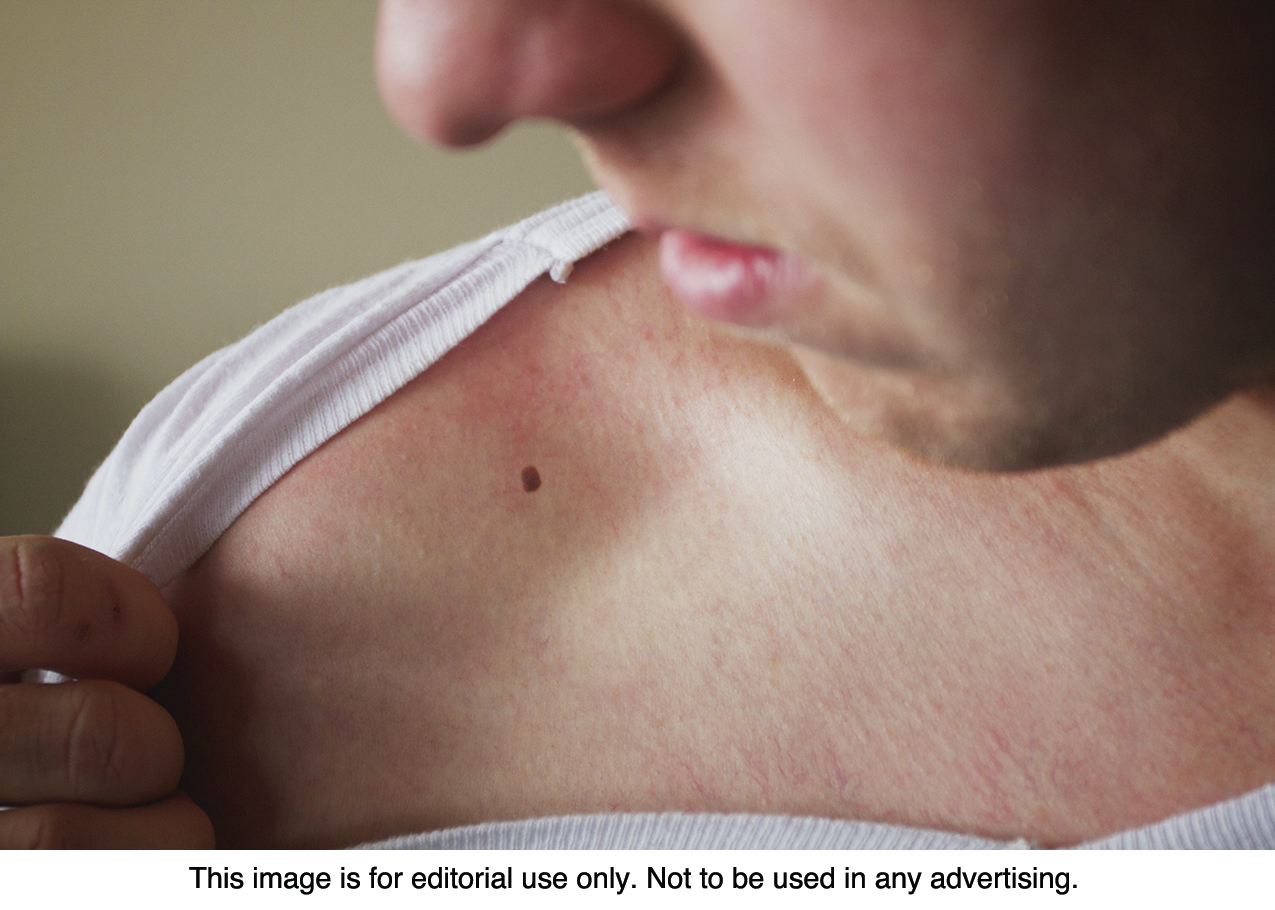As the weather warms and Arkansans enjoy more outdoor activities, remember to take precautions to stay safe in the sun.
Melanoma signs and symptoms
Melanoma is a type of skin cancer that affects melanocytes, or the cells that produce the skin pigment melanin. The U.S. Centers for Disease Control and Prevention says that the sun's UVB rays stimulate melanocytes, and more than 90 percent of melanomas are thought to be caused by ultraviolet exposure. Melanoma can exhibit different symptoms depending on the part of the body it is affecting, and may not affect everyone in the same way. The following are some of the signs and symptoms of melanoma.
• A new spot on the skin that changes in shape, size or color.
• A spot or mole that looks different from the other moles or spots on the skin (known as the ugly duckling sign).
• A sore that doesn't heal.
• Spreading of pigment from the border of a spot into the surrounding skin.
• Changes in sensation in the skin, such as itchiness, tenderness or pain.
• Changes in the surface of a mole, whether bleeding, oozing or scaliness.
• A dark line beneath the nail bed.
• The presence of hard or swollen lymph nodes.
• A hard lump on the skin.
• Unexplained pain, weight loss or fatigue.
• Ocular melanoma, or melanoma that occurs in the eye, may be difficult to see without a professional eye exam. Enlarged blood vessels in the eye could indicate the presence of a tumor.
Any symptoms, however benign they may seem, should be brought to the attention of a doctor who can determine if melanoma is present. The Melanoma Research Alliance says there is now a 98 percent five-year survival rate for stage 0, I and II localized melanoma.
UV exposure is not the only melanoma cause
Melanoma is the deadliest type of skin cancer. Melanoma occurs when melanocytes, the cells that produce pigment in the skin, become damaged, mutate and start growing unchecked.
While sunlight or UV exposure are typically considered risk factors for the development of melanoma, the fact that melanoma can occur anywhere on the body -- even on patches of skin that never see the light of day -- indicates UV radiation exposure is not the only reason melanoma occurs.
Mucosal melanoma is a rare form of melanoma, accounting for roughly 1 percent of all cases. Everyday Health says mucosal melanoma can develop in the sinuses, nasal passages, vagina, anus, oral cavity, and other internal areas that likely are not exposed to the sun or other UV radiation. Researchers have not been able to identify any risk factors for mucosal melanoma, as neither UV exposure nor family history seem to play a role in its development.
The American Cancer Society says gene changes related to melanoma are typically acquired during a person's lifetime, and in some instances seem to happen randomly within a cell. Melanomas that do not result from UV exposure show changes in the C-KIT genes. There's also the chance that those who develop melanoma inherited gene changes from a parent. These melanomas often result from changes in tumor suppressor genes, rather than genes that help cells grow, divide and stay alive, known as oncogenes. Tumor suppressor genes are supposed to control cell growth. When cells don't work correctly due to inherited changes or other damage, they grow out of control, potentially leading to melanoma.
The Mayo Clinic says there may be additional environmental factors that damage the DNA in skin cells and cause melanoma, but the cause of cell damage isn't always clear. However, the following risk factors should be on the minds of all people, and serve as the motivation behind routine skin checks and health care visits.
• Having fair skin and a history of sunburn.
• Excessive UV light exposure.
• Living closer to the equator or at a higher elevation.
• Having more than 50 ordinary moles on the body.
• A family history of melanoma.
• The presence of a weakened immune system from disease or medication.
Individuals concerned about melanoma can get to know their skin and learn about their family history so they're more aware of any abnormalities and risk factors.

